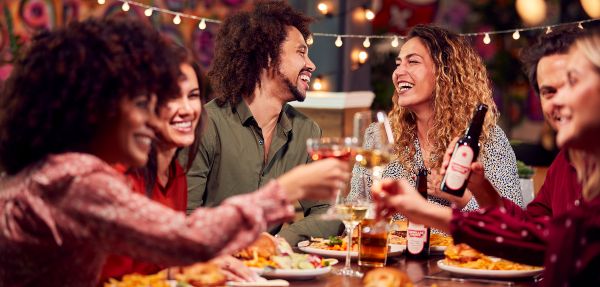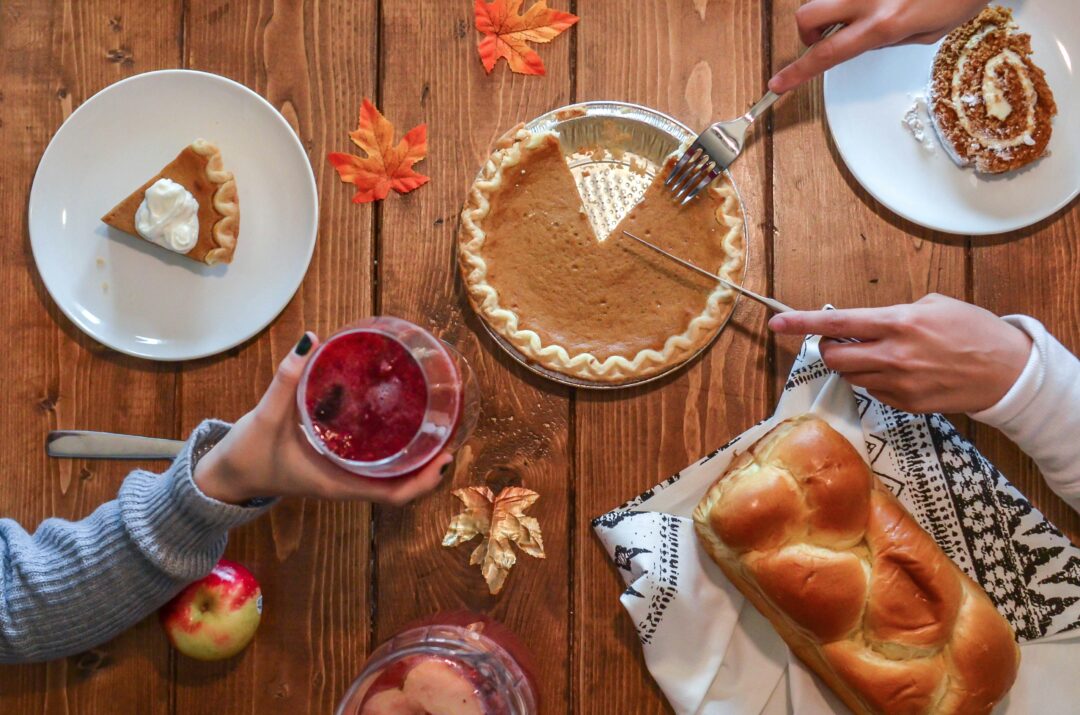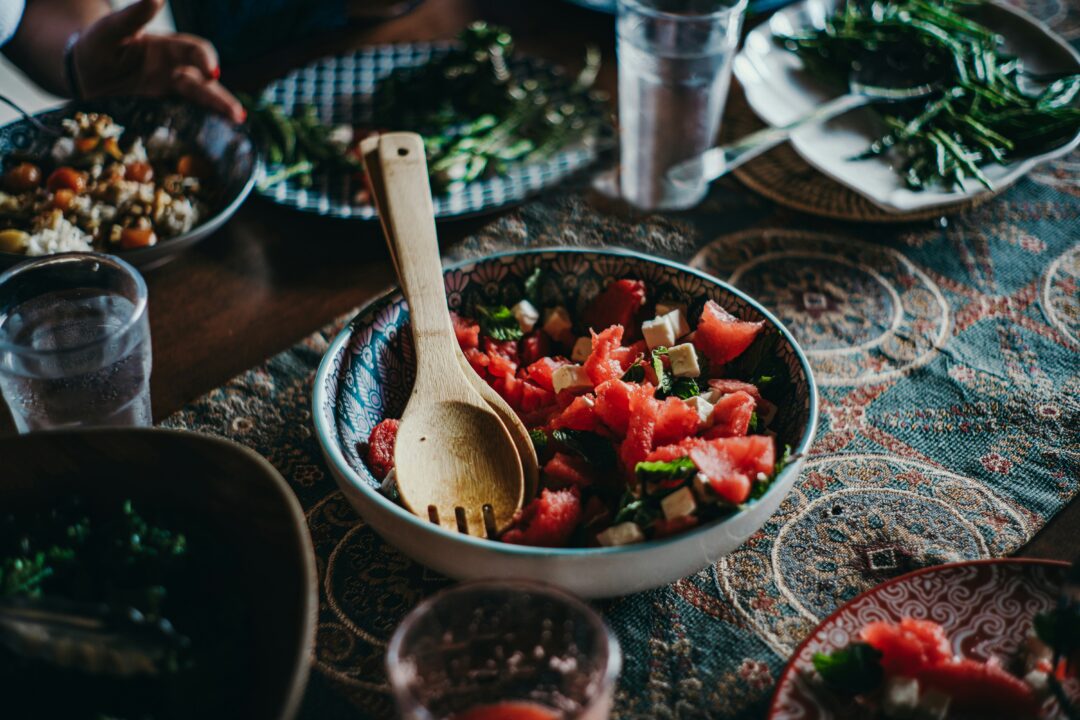You may not have known that weather plays a role in the functioning of our bodies. Therefore, whatever we eat and drink plays will positively or negatively affect how our bodies run. Meaning during the hottest days of summer holidays, it’s important to make sure that your body is hydrated enough to keep functioning at an optimal condition. Certain foods and drinks are best avoided during summer; it’s better to replace them with healthier foods when more energy is used up throughout the day. Also, if you’re feeling lethargic and skipping exercise during the warmer months, it’s good to at least try to eat a bit healthier. Here are 5 tips for you if you would like to try a healthy eating routine during summer.
- Fresh produce
- Lean meats
- Cold treats
- Stay hydrated
- Try to eat healthy when eating out
1. Fresh Produce

Summer is the perfect time to indulge in the best fruits and vegetables. Try adding these refreshing foods into your diet.
Vegetables:
Here are some vegetables that should be part of your daily intake:
- Tomatoes: Slicing up a cup of raw tomatoes to add to a salad for lunch will be enough to get at least 40% of your recommended daily intake of vitamin C, and some of your daily vitamin A.
- Avocados: Often found in salads, dressings and even more popularly on top of burgers. Avocados are full of fibre, vitamins B5, B6, C, K, folate and potassium, as well as antioxidants that protect your cells.
- Leafy greens: Spinach lettuce, kale and Swiss chard are in season through spring and summer. These greens contain cell-repairing antioxidants, vitamins C, A, and B, as well as fibre. Not only do they make a delicious green salad, but they can also be thrown into the blender with some fresh fruits for a nutritious green smoothie.
- Bell Peppers: These veggies make a colourful addition to a salad, snack or meal, and they also contain phytochemicals called carotenoids, which gives them their bright colours. A diet enriched with high-carotenoid-dense foods has been associated with reducing the risk of cardiovascular disease and eye-related diseases.
To be able to enjoy healthy eating during summer, a healthier way to prepare vegetables is on the braai or grill, they also make a tasty alternative to regular large pieces of meat on the braai. If you need to get your braai ready for the summer, check out the best ways to clean a braai grid.
Fruits:
When choosing fruits, always be sure to buy your favourite fruits of the freshest and best quality. Don’t forget the following fruits:
- Berries: Each berry has a unique taste and lots of individual nutritional value and functions. The benefits of berries include fibre and vitamin C, and they are also high in antioxidants. You can supercharge your diet by indulging in a variety of different types of berries. Berries can also be a tasty ingredient to use for smoothies.
- Watermelon: With the highest concentration of lycopene of all fresh fruits and vegetables, watermelons are especially enjoyed during the summer months. Add some watermelon to your diet for a refreshing, hydrating and sweet taste.
2. Lean Meats

Instead of all the holiday roasts we tend to love at the end of the year, choosing leaner meats is the healthier option. These include chicken breasts and fish. For instance, grilled salmon, tuna, and other kinds of seafood like calamari and lobster make for a protein-rich lunch or dinner. Summer is also the best time to visit your local seafood or fish market to get local produce, fresh.
Fish and other lean proteins can also be very tasty on a braai or grill, especially when mixed with foods like chicken and fruits, like pears and pineapple.
Alternatively, you can still have foods like burgers, but make them in another healthier way. Try using whole wheat buns, lean meats and toppings like guacamole, or low-fat cheese.
3. Cold Treats

To still enjoy a sweet treat from time to time and not feel guilty about it, there are some healthy alternatives that you can look at for those regular sugary, summer treats we love. For example, try to buy low-fat versions of fat-free and sugar-free ice cream, or try a fruit sorbet. All of these are lower in calories and super refreshing. Don’t forget that everything should still be eaten in moderation.
4. Stay Hydrated

With temperatures rising and outdoor activities coming back, dehydration is something to consider. Stay hydrated during summer – buy yourself a reusable water bottle and keep it filled and with you all the time for a constant reminder to take regular sips of water throughout the day. Drinking enough water will help to keep your cool on the warmest of days. This and other tips to keep cool during summer are essential to a happy, healthy body.
5. Try To Eat Healthy When Eating Out

Just because you want a healthy diet, doesn’t mean you have to miss out on going for dinner with your friends. Try to familiarise yourself with portion sizes at home that work with your eating plan. Once you have a general sense of your regular portion sizes, you can better judge when you’ve had enough to eat when dining out at a restaurant. Then instead of finishing your entire meal at a restaurant, you could share it with a friend or you can place your meal in a takeaway box to take home for the next day. Most restaurants have a large range of delicious healthy options to try, so don’t be discouraged by the idea of eating out.
Conclusion

Ice creams and high-calorie braais will, unfortunately, put a dampener on your diet, so it’s smart to be prepared for any cravings you have. Don’t beat yourself up too much about it if you do, you can always continue your healthy eating the next day, and perhaps in better ways that you enjoy more. These days, there are healthy alternatives for all kinds of snacks, meals and treats. For instance, homemade ice lollies are much healthier than shop-bought ice creams. Learn how to make ice lollies at home for the summer and you’ll be able to enjoy more than the store-bought options.
While you focus on healthier ways of eating this summer, why not give yourself the gift of a pristine, clean home, courtesy of SweepSouth. We have a range of professional cleaning services suited to your every need.









